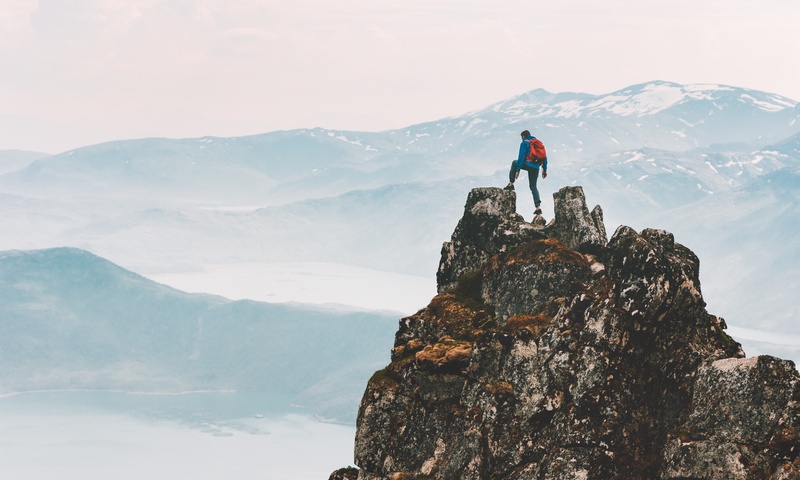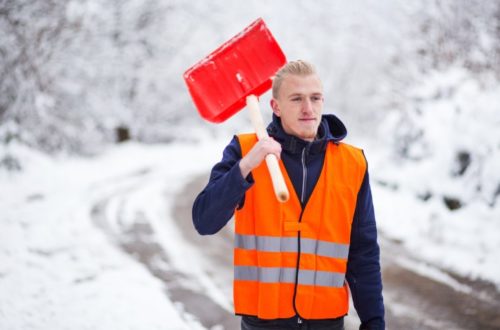Everything You Need To Start Mountain Climbing

Mountain climbing offers an incredible way to challenge yourself physically and mentally while experiencing breathtaking natural beauty. However, proper preparation and the right gear can make the difference between a successful adventure and a dangerous situation. Consider all the essential equipment, skills, and knowledge you’ll need to begin your mountain climbing journey.
Essential Gear for Your First Climb
Starting with the right equipment forms the foundation of safe mountain climbing. Your boots should fit snugly and provide ankle support, and you need clothing that can handle changing weather conditions. Various protective equipment for climbing, including helmets, harnesses, and ropes, protects you from falls and falling debris.
Build Physical Fitness and Endurance
Mountain climbing demands cardiovascular fitness, strength, and flexibility. Cardiovascular training through hiking, running, or cycling builds the endurance you’ll need for long climbing days. Strength training should focus on your legs, core, and grip strength since these muscle groups work hardest during climbs.
Practice hiking with a loaded backpack to simulate climbing conditions. Start with shorter distances and gradually increase both distance and pack weight. This training prepares your body for the specific demands of carrying gear up steep terrain.
Learn Basic Climbing Techniques
Technical skills separate confident climbers from beginners who struggle on the rock. Start by learning proper foot placement and how to trust your feet rather than over-gripping with your hands. Efficient movement conserves energy and reduces fatigue during longer routes.
Practice knot tying until you can tie essential knots like the figure-eight follow-through and clove hitch without looking. These knots secure you to the rope and anchors, making them critical safety skills. Take a basic climbing course or hire a guide to learn proper belay techniques and rope management.
Safety Protocols and Risk Management
Mountain climbing involves inherent risks, but proper planning and decision-making minimize these dangers. Always climb with a partner and inform someone about your planned route and expected return time. Carry emergency communication devices like satellite messengers in remote areas.
Learn to recognize and avoid objective hazards like loose rock, avalanche terrain, and unstable weather. Develop the judgment to turn back when conditions exceed your skill level or comfort zone. The mountains will always be there for future attempts.
Take Your Next Steps
Mountain climbing rewards those who prepare thoroughly and respect the challenges involved. Start with local climbing areas or indoor climbing gyms to develop basic skills before venturing into alpine environments. Consider hiring a certified guide for your first few climbs to accelerate your learning and ensure proper safety practices.
Join local climbing clubs or online communities to connect with experienced climbers who can offer mentorship and partnership opportunities. The climbing community generally welcomes newcomers who demonstrate enthusiasm and commitment to learning proper techniques.
Would you like to receive similar articles by email?





